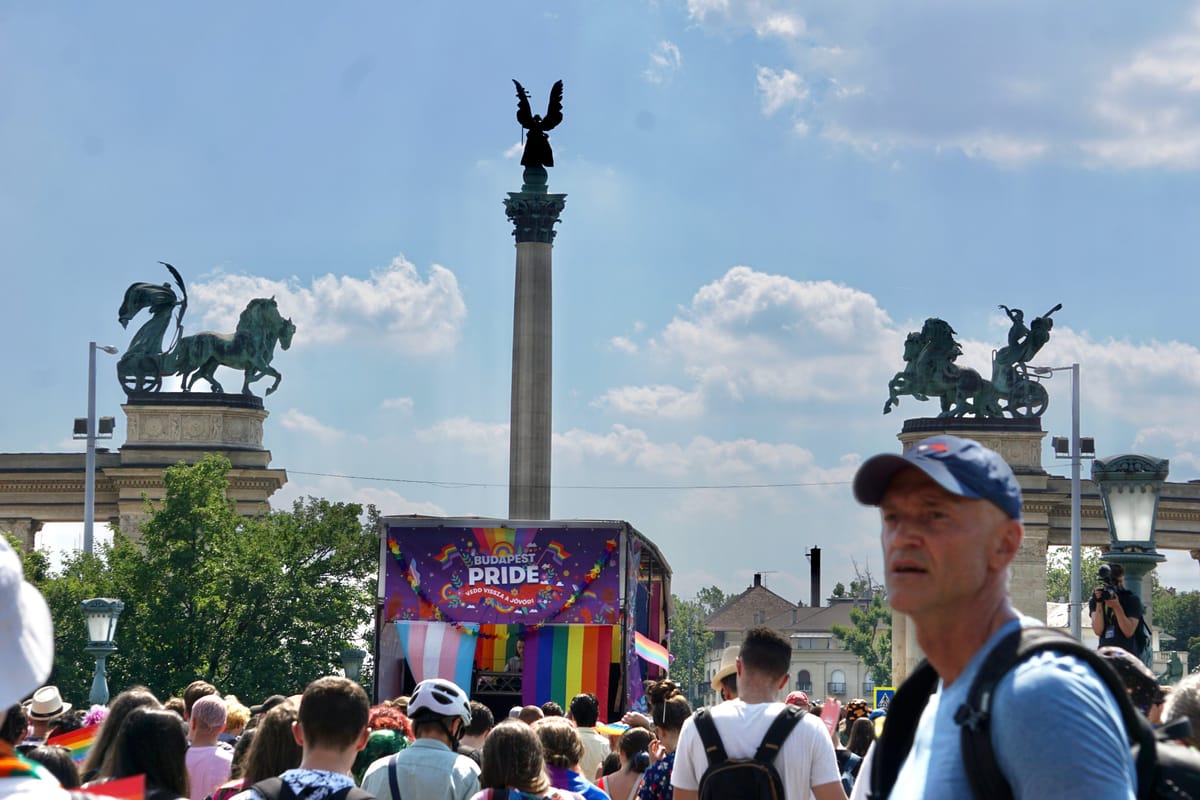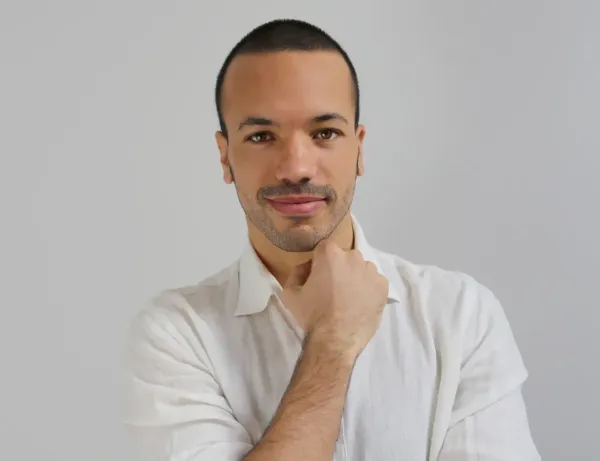Hungary's Parliament amends constitution to ban Pride
Targeting LGBTQ people is distraction politics but it is a worrying indicator of what's to come.

In recent months, the government of Hungary - led by Prime Minister, Viktor Orbán, has been gradually ramping up anti-LGBTQ rhetoric. However the latest development appears to be a significant escalation of state-sponsored systemic homophobia.
The rightwing populist political party led by Orbán has sufficient control over the country's parliament that it has been able to pass a constitutional amendment that codifies the ban on LGBTQ events that Orbán and others have been advocating.
Dressed up in language about protecting children, the constitutional amendment is targeted at queer events such as Pride - giving authorities the green light to use facial recognition software to identify attenders and prosecute them.
The constitutional amendment also codifies a binary definition of gender, paving the way for further persecution of Trans people and gender non-conforming identities.
A major test of the ban on LGBTQ events will be this year's Budapest Pride - scheduled to be held on 28 June. While the event appears to have the support of the mayor of Budapest, both organisers and attendees are likely to be targeted by authorities seeking to enforce the new anti-LGBTQ laws.
How did we get here?
- 22 February 2025: Orbán Hints at Banning Pride. Speaking at a public event, the Prime Minister floated the idea of cancelling the Budapest Pride event, calling it a "waste of money and time".
- 17 March: Bill Submitted to Parliament. Members of Orbán's ruling coalition introduced a bill to ban Pride events and authorise using facial recognition technology to identify attendees. The bill was fast-tracked due to the coalition's two-thirds parliamentary majority.
- 18 March: Law Passed in Parliament. The Hungarian Parliament approved the bill with a 136-27 vote.
- 19 March: Backlash and Protests. Human rights organisations, activists, and opposition leaders condemned the law as violating freedom of assembly and expression. Budapest Mayor Gergely Karácsony vowed that Pride would still take place and promised city support for LGBTQ rights.
- 14 April: Constitutional Amendment to ban LGBTQ gatherings. The Hungarian Parliament approved the amendment with a 140-21 vote.
The NSFW edition
If you want to admire some man-on-man action, our NSFW edition gives you every inch.
Sign in and check out our NSFW content - it's free!










